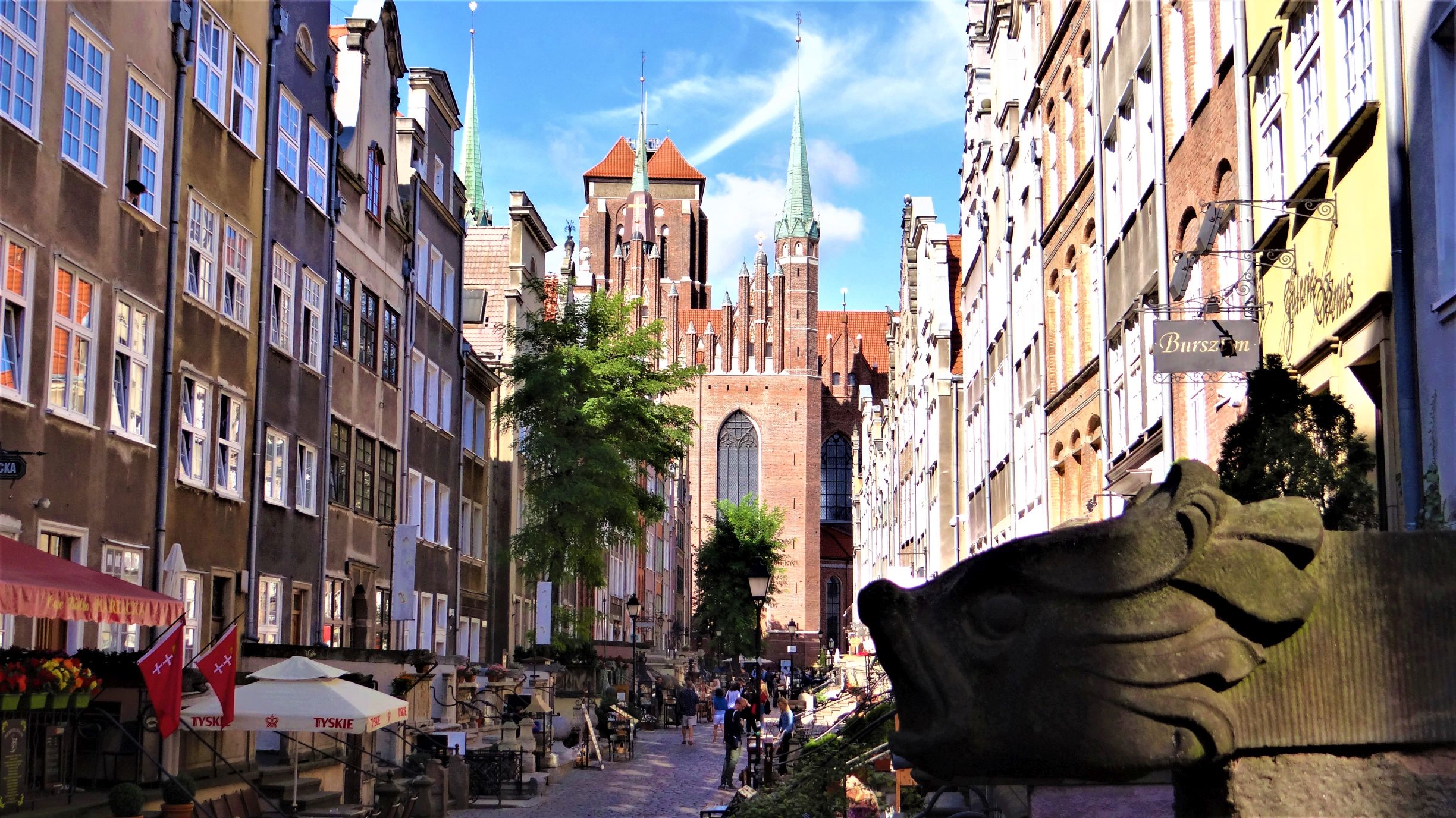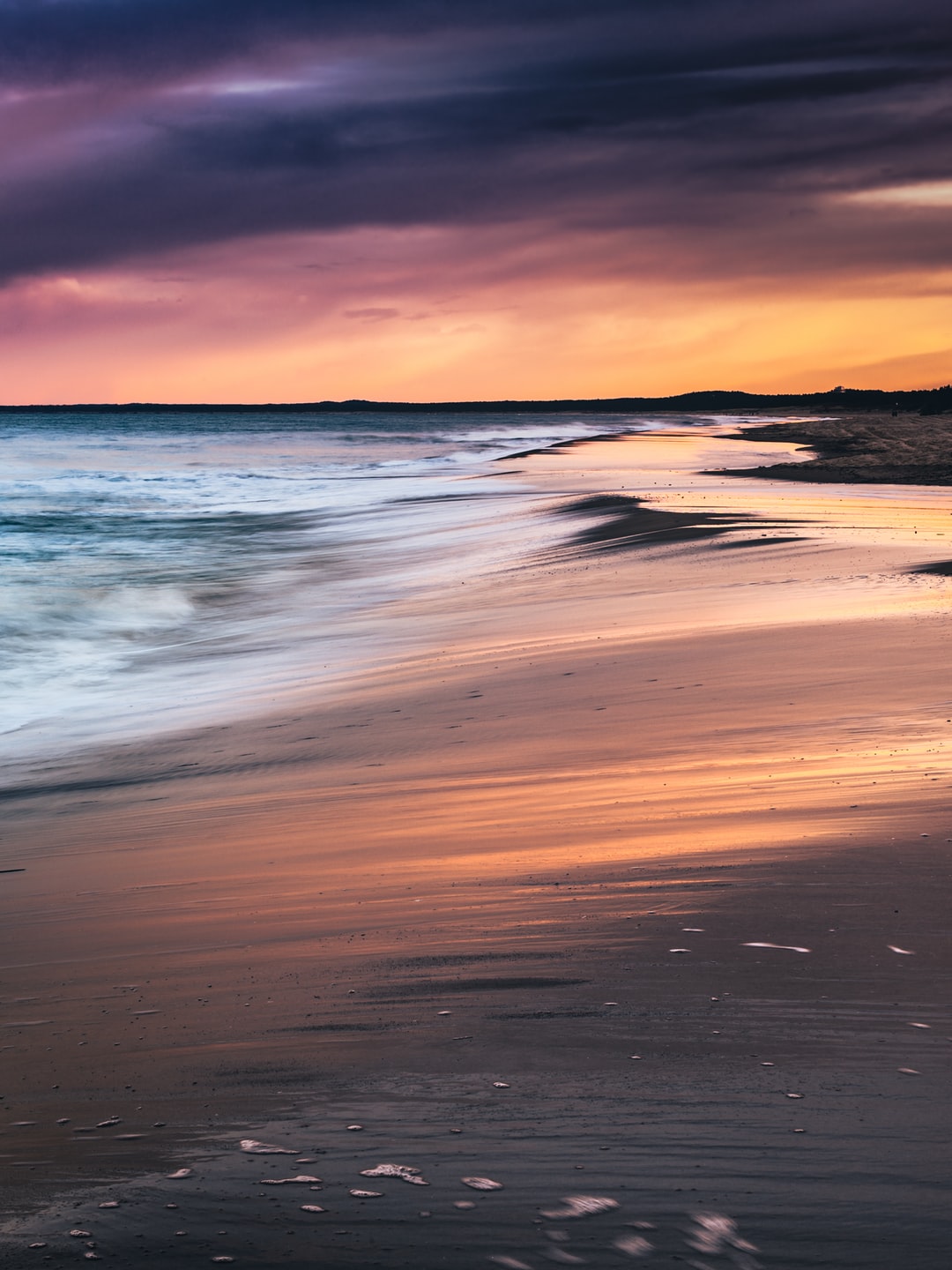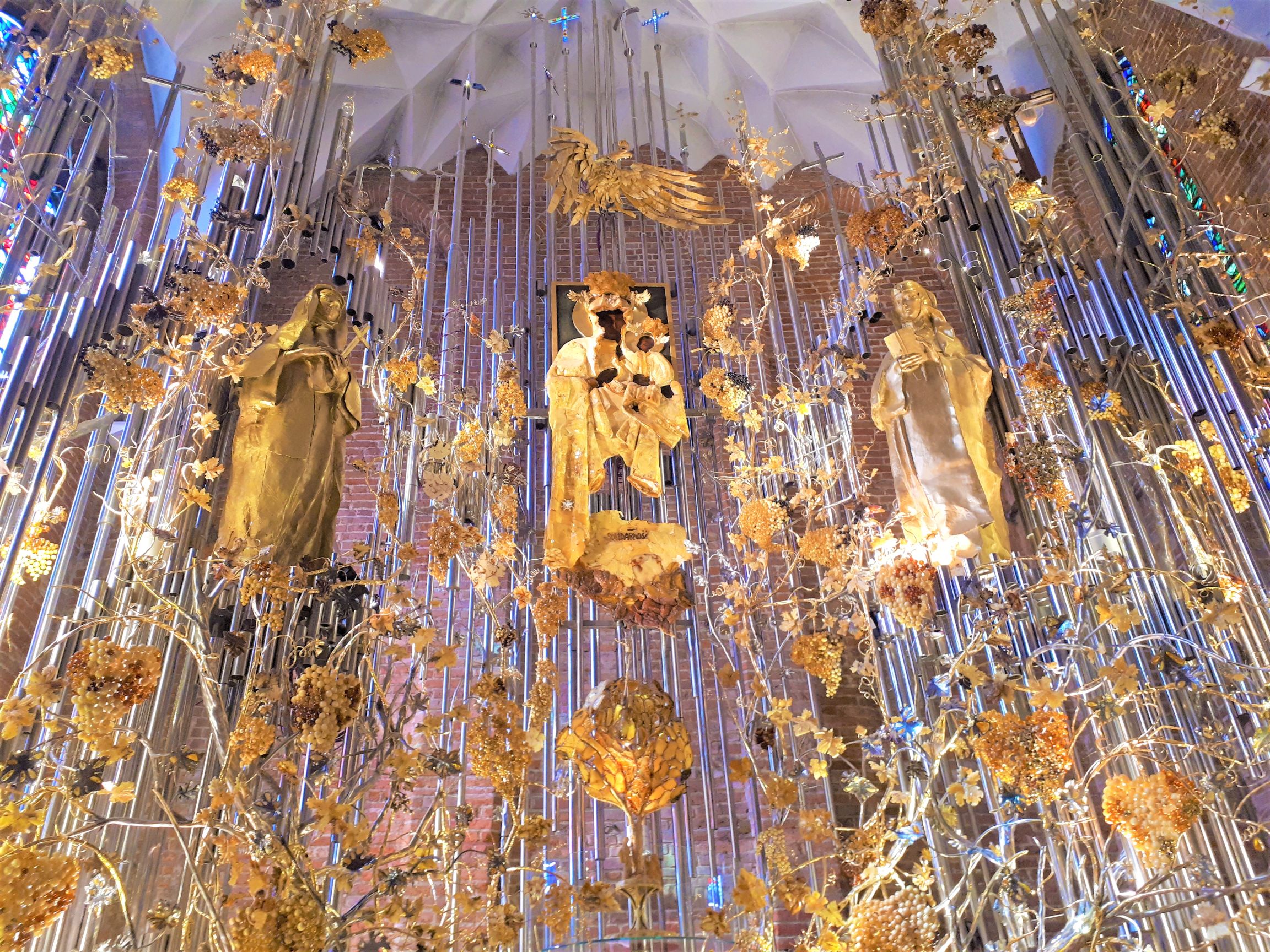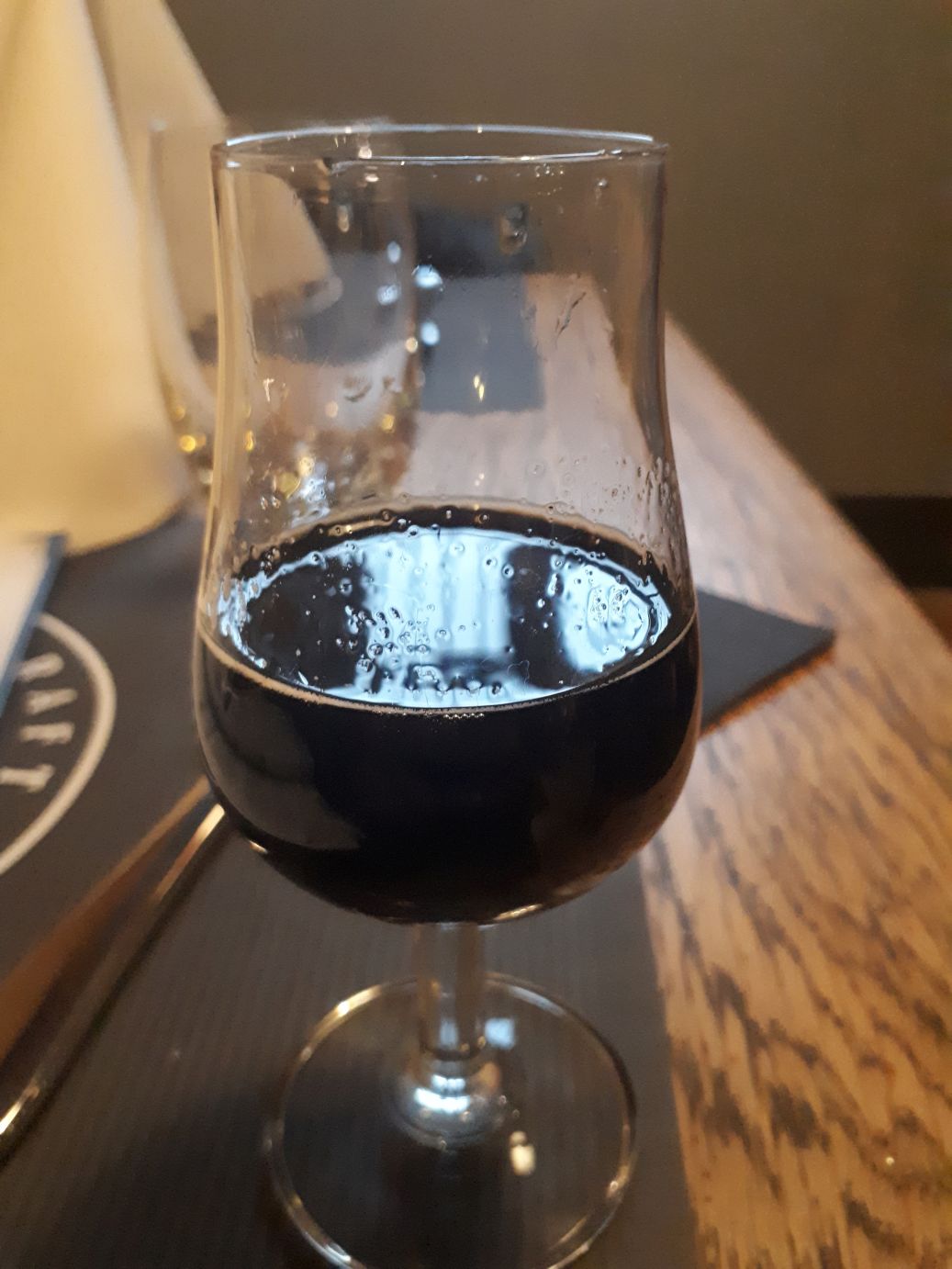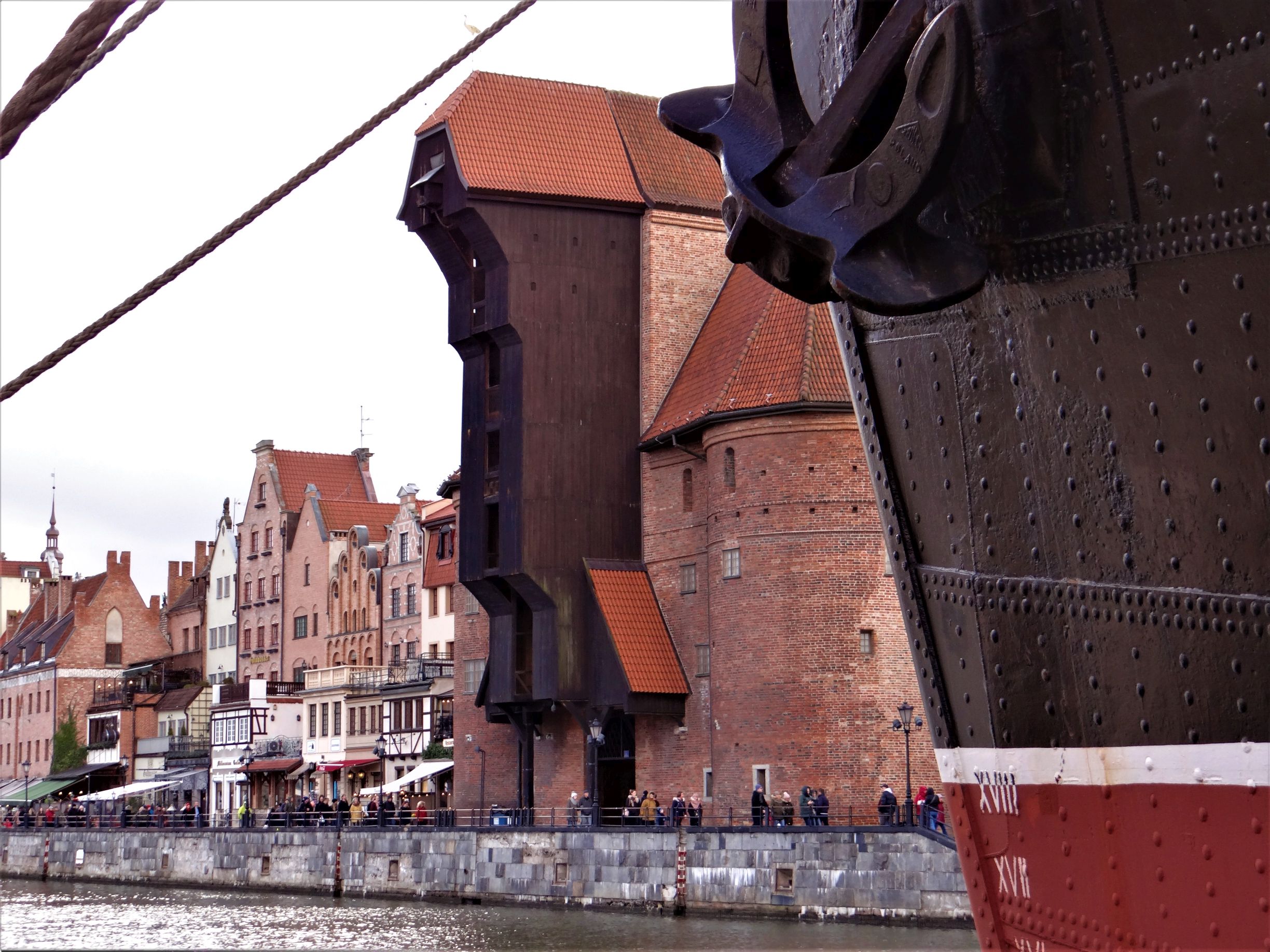Contact:
Gdańsk, Sopot Gdynia, Hel Peninsula
- standard tours
- active sightseeing (bikes, kayaks)
- tours with private transportation (Malbork Castle, Museum Stutthof, Hel)
- city games
6. People
Gdańsk society was always specific connecting Polish hospitality with a love for freedom. It is not a coincidence that Solidarity was born and raised here. It's traditions feel up to today, and kindness is cherished by everybody who is coming here.
I don't need to write more. Just come to Gdańsk!
2. Beautiful Old Town
Even though war damaged the historical part of the city, it shines once again. Gothic Churches, pearls of Rennesaince and Mannerism shows the city that once was well known in whole Europe. Everything is preserved city urbanization from the 14th century, where all the streets turn towards the harbor.
3. Over 20 kilometers of beaches
What other European city has that long beach? Beautiful gold sand covers the whole length and width of the beach. Everything with a great infrastructure and communication.
4. The world capital of an Amber
Gold of the Baltic City which is a popular name of the local amber is thought as the most valuable fossilized resins that you can find all around the world. It has the highest amount of amber acid and thanks to its qualities it was used in many different ways. Of course, jewelry is the most known way, but it is also used in medicine, cosmetics, and many others. Why Gdańsk is a capital? It became a center of creation and trade of the amber. Moreover, after heavy storms, you can easily find it on the beaches and we have the best amber crafters in the world.
5. Delicious food and drinks.
When you are in Poland you need to try Pierogis (stuffed dumplings), Żurek (Sour Soup with egg and sausage), Schabowy (pork cutlet), or Barszcz (beat soup). Polish traditional food in taste is mostly sour and salty. Moreover, in Gdańsk, it connects local products with a Kashubian tradition. Many restaurants serve traditional polish food with some Gdańsk additions. Gdańsk has also long and rich traditions of beer crafting. The Jopen beer is produced here from at least XIV century and local vodka "Goldwasser" from 1598.
6 reasons why you need to visit Gdańsk
Actually, I don't know why I need to convince somebody to come to Gdańsk, but if you still have any doubts, there are 6 reasons why you should come.
1. 1000 years rich history
The history of Poland is quite complicated. When you are country that lays on lowlands in the middle of Europe it cannot go peaceful. Gdańsk had a huge impact on these lands and at least 3 times it has been on the mouth of the whole of Europe or even the world. First of all, it was the biggest and richest city in whole Poland in the 16th and 17th Century and the most enormous port on the Baltic sea. Very important trade node, that's a richness we can see up to today in the middle of the streets of the old town. Second of all, it became a conflict between Poland and III Reich, and that's why Hitler wanted to start World War 2 here and the city became a symbol of starting the Second World War.
Finally, in Gdansk shipyard Solidarity movement was born to become the biggest opposition to communists behind the Iron Curtain, counting 10 million Polish People in 1981. Lech Walesa who was a leader of the movement later on became a president of a free Poland.

